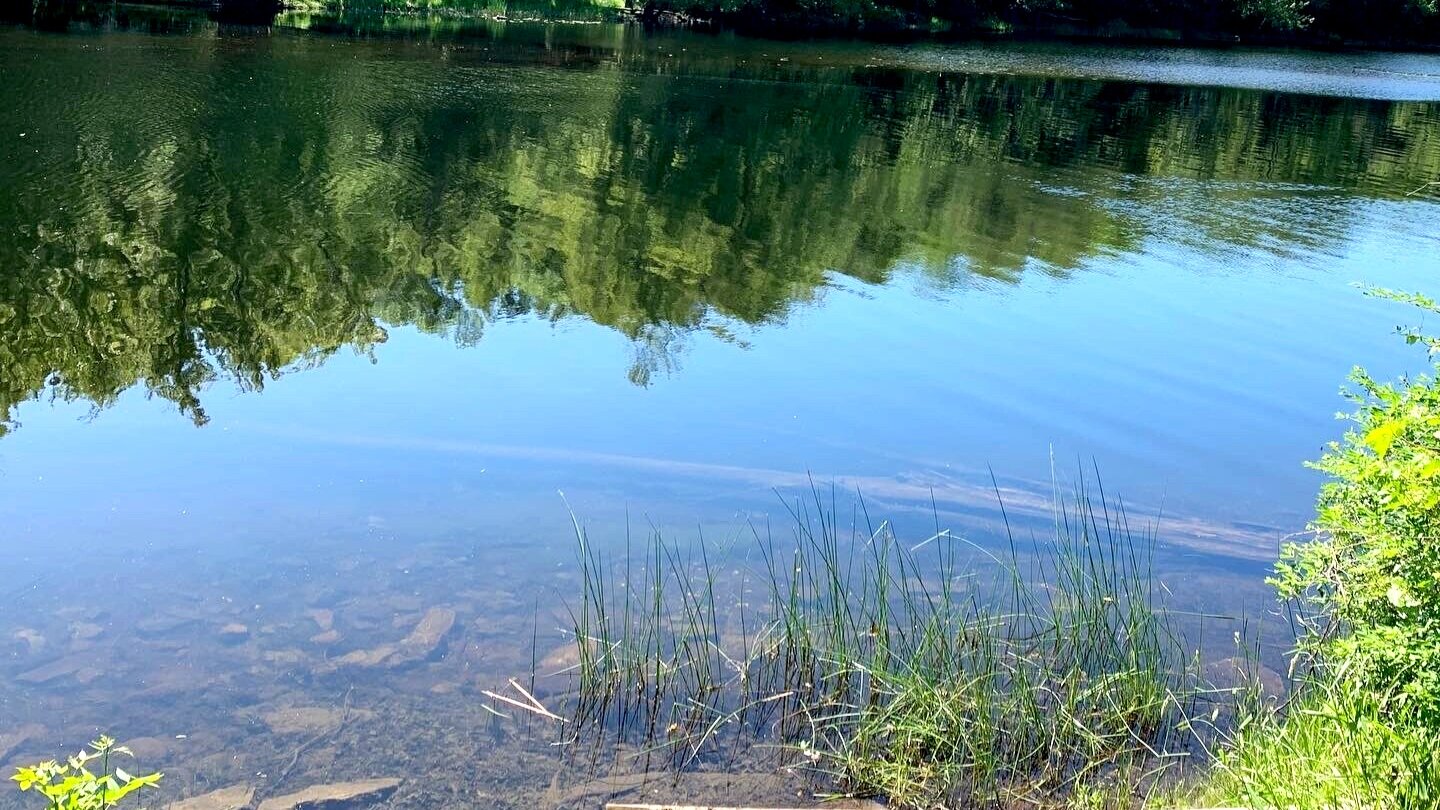
Vision & Goals
Our vision
The purpose of this research project is to support grassroots Indigenous rematriation and (re)connection to land. We seek to support the convergence of food sovereign peoples in ways that advance dialogue and action for Indigenous land rematriation. This work aims to centre Indigenous women and two-spirit presence, experiences and relationships to land and traditional territories.
Goals
1. Develop and support resources for Indigenous women, two spirit folks, and their communities and relations to reconnect with and return to their traditional territories. To do so, the project has allocated economic and social resources directly for Indigenous women and their communities. As well, Indigenous women and feminist modalities will remain at the centre of the decision-making process. The priority of the research collective is to use the resources that we have been given to serve this community.
2. Build relationships for food sovereignty that centre Indigenous land and food systems. This project will bring together both Indigenous and settler peoples in dialogue about land and rematriation in ways that are guided by our purpose to centre Indigenous relations to land. The goal of these dialogues is to advance understandings of and mobilize action around new ways of thinking about and relating to land. This includes not only legal ‘owners’ of land, but those who are on the land in various ways (e.g. renters, hunters, gatherers, and those involved in ceremonies and rituals etc.).
3. Move toward (de)(anti)colonial relationships to one another and to land. This project is grounded in practices of relational accountability. We aim to remain accountable to one another and to share power. This work challenges hierarchies and affirms alternative ways of working together. Our work is based on a recognition that we each come from different places and experiences, and that our experiences are shaped by unjust power divisions. We continue to ask: how do we work together in a good way, in relation to each other and to the land? In this sense, we see our process itself as a method of research. We strive to build intentional and accountable relationships with each other and those within the broader movement for food sovereignty.
How we’ve been thinking about rematriation
The term rematriation has been described as actions “to restore a living culture to its rightful place on Mother Earth," or conditions where lands, waters and our relationships to them are intentionally returned to their natural or spiritual context (Newcomb, 1995). Bernedette Muthien has described rematriation as “reclaiming of ancestral remains, spirituality, culture, knowledge and resources, instead of the more patriarchally associated term repatriation. For some, it simply (but profoundly) means back to Mother Earth, a return to our origins, to life and co-creation, rather than patriarchal destruction and colonisation, a reclamation of germination.” If, as Fanon describes, colonization has violently structured how we come to know and relate to the world, we understand the concept of rematriation as an act of restructuring how we relate to the land, one another, and ourselves. It encompasses the collection of thoughts, feelings and behaviours (both internal and interpersonal) that intentionally allow us to (re)connect, (re)interpret and (re)learn in ways that prioritize and restore an embodied and spiritual relationship to land.